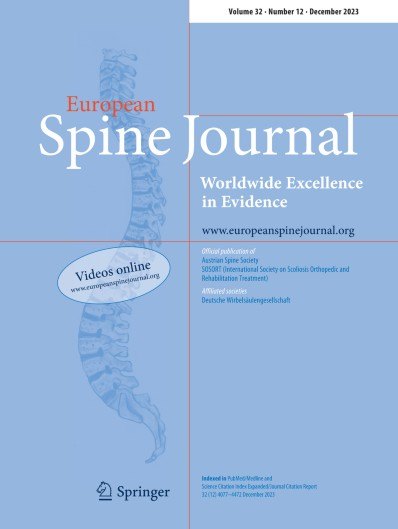
Cognitive-behavioural therapy provides significant benefits following lumbar fusion

Cognitive-behavioural therapy provides significant benefits following lumbar fusion
Management of catastrophising and kinesiophobia improves rehabilitation after fusion for lumbar spondylolisthesis and stenosis. A randomised controlled trial
Eur Spine J. 2014 Jan;23(1):87-95. doi: 10.1007/s00586-013-2889-z. Epub 2013 Jul 9Synopsis
130 patients who underwent lumbar fusion for lumbar spondylothesis or lumbar spinal stenosis were randomized to a postoperative rehabilitation program of either combined exercise and cognitive-behavioural therapy (CBT), or exercise alone. The purpose of this study was to investigate if a 4 week program of CBT offered benefits to patients in terms of disability, pain, kinesiophobia, catastrophising...
To view the full content, login to your account,
or start your 30-day FREE Trial today.
FREE TRIAL
LOGIN
Forgot Password?
Explore some of our unlocked ACE Reports below!

Learn about our AI Driven
High Impact Search Feature
Our AI driven High Impact metric calculates the impact an article will have by considering both the publishing journal and the content of the article itself. Built using the latest advances in natural language processing, OE High Impact predicts an article’s future number of citations better than impact factor alone.
Continue



 LOGIN
LOGIN

Join the Conversation
Please Login or Join to leave comments.